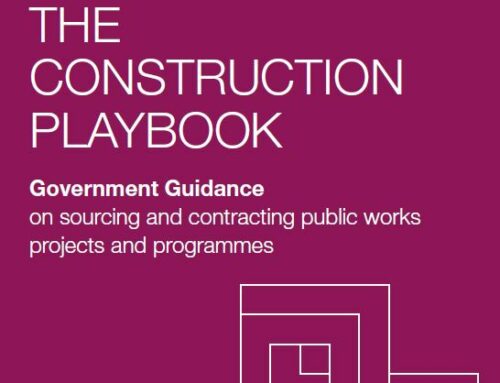As the country extends the official date for leaving the EU none the wiser on what Brexit actually means for anyone, or if it will ever happen, many red flags have been raised about the risk to a construction sector heavily reliant on EU labour.
There is no doubt that Brexit will impact the sector and may result in fewer EU workers coming to the UK, but rather than create the skills shortage Brexit has simply shone a light on a situation that the sector has struggled with for years. It exacerbates a pre-existing underlying condition where the symptoms have been obvious, but treatment and cure has so far been elusive.
Around 7% of the workforce in the UK construction sector are EU nationals, that’s more than the percentage of EU nationals working in all other industries in the UK. On top of a pre-existing skills gap that’s more than the sector can bear.
A coalition of construction industry organisations and the Construction Industry Training Board recently published a “Building After Brexit” action plan that recommends a twin track strategy to address skills shortages. It identifies the need for growing investment in the domestic workforce and driving up productivity while working with government to agree how to maintain access to migrant workers.
The report also recommends attracting talent by raising apprenticeships starts and completions and creating pathways to construction for underrepresented groups along with providing better work experience opportunities. It seeks to retain workforce, supporting older workers to stay in the industry and identifies the need for a Future Skills Strategy to identify skills to modernise the industry and boost investment in modern methods of construction.
The industry has been talking about how to deal with the underlying condition of skills shortage for years. Maybe the intensifying of pain caused by Brexit will be enough of a catalyst for a much needed treatment and effective long term cure.






